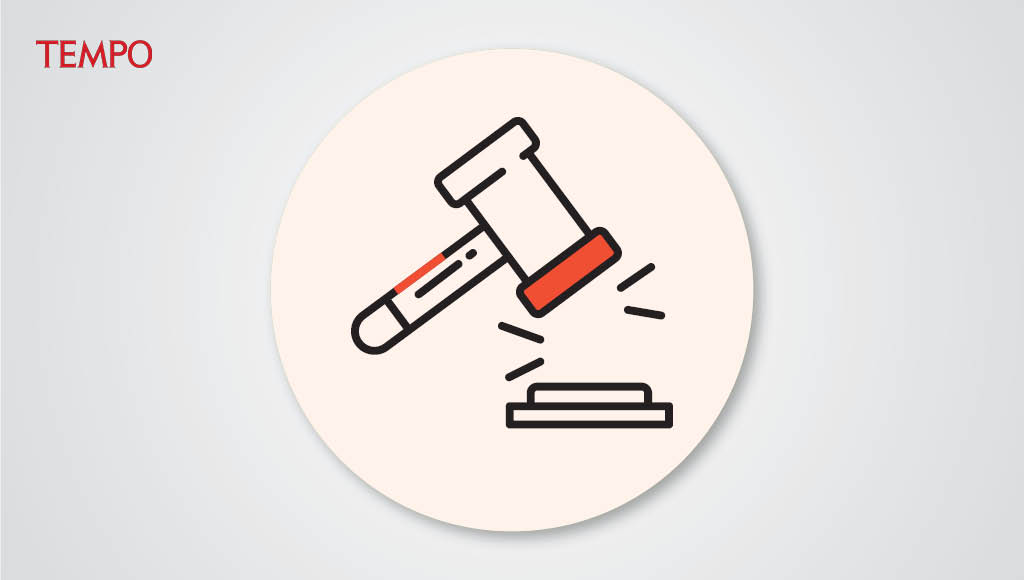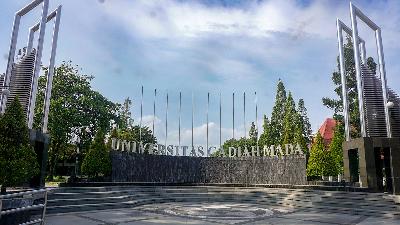The Shortcut to Making Laws Through Legislation Body
Friday, March 28, 2025
The Legislation Body at the House of Representatives is becoming stronger as a producer of laws. A service for the government through the legal route.
arsip tempo : 174694489142.

THERE has been a new trend in the House of Representatives (DPR) in the last three years: the Legislation Body has been gaining strength as a producer of laws. The DPR’s auxiliary body is both an entrance and an exit for bills put forward by the government or on the initiative of the lawmakers.
Using the pretext that the Covid-19 pandemic in 2020 restricted meetings between people, the DPR got into the habit of using the Legislation Body as a ‘law factory.’ Using only one door, bills could be quickly deliberated and completed. Now the DPR has another excuse for making as much use as possible of the Legislation Body, namely responding to public criticism of the slow process of passing laws.
Through the Legislative Body, for example, the DPR overcame the impasse in the deliberations and passing of the Sexual Violence Crimes (TPKS) Bill, which had been stagnant for 10 years. The law, which details the types of sexual offences, law enforcement, and protection of victims, was finally passed on April 12, 2022.
The Legislation Body was crucial in the passing of the TPKS Law because it was able to overcome the deadlock resulting from the clash of political interests in the DPR. But with many controversial laws, the Legislation Body has been taken advantage of by political adventurers to serve the interests of the government and to avoid public participation.
The Election of Governors, Regents and Mayors Law; the Coal and Mineral Mining Law; and most recently the revised Indonesian Military (TNI) Law are products of the DPR’s Legislation Body. The deliberations of all these laws took place in a very short time and were closed to public participation. As well as this, the Legislation Body also ignored the rule that a law must be included in the national legislation program agreed in a plenary session of the DPR before being deliberated.
The TNI Bill was not included in the 44 priority bills to be discussed this year. But because President Prabowo Subianto, General Chair of the Gerindra Party, wanted this bill passed at the beginning of his presidency as a way of legitimizing the dual function of the TNI, the Legislation Body made deliberations of it a priority and immediately discussed and then passed it.
The position of Gerindra Executive Chair Sufmi Dasco Ahmad as DPR Deputy Speaker made it easy to fulfill the government’s wishes. With a Gerindra politician leading the Legislation Body, Dasco was in an even stronger position to control it. He took advantage of ambiguities about the roles of the Legislation Body and other commissions, which are not clearly defined in Law No. 12/2011 on The Formation of Laws.
Under Dasco, the strengthening role of the Legislation Body in the production of laws confirms the decline of democracy in Indonesia. The DPR is increasingly bowing down to serving the interests of the political parties with the majority vote and even facilitating any government demands that harm the people. The passing of laws that govern the livelihoods of the people is far from the ideal of substantive debate with a variety of perspectives.
This shortcut to producing laws will weaken the DPR as a means of controlling the executive in the passing of policy and the production of laws. A DPR that becomes no more than a rubber stamp for the government will lead to a decline and weakening in Indonesian democracy, meaning that it could collapse at any time.











